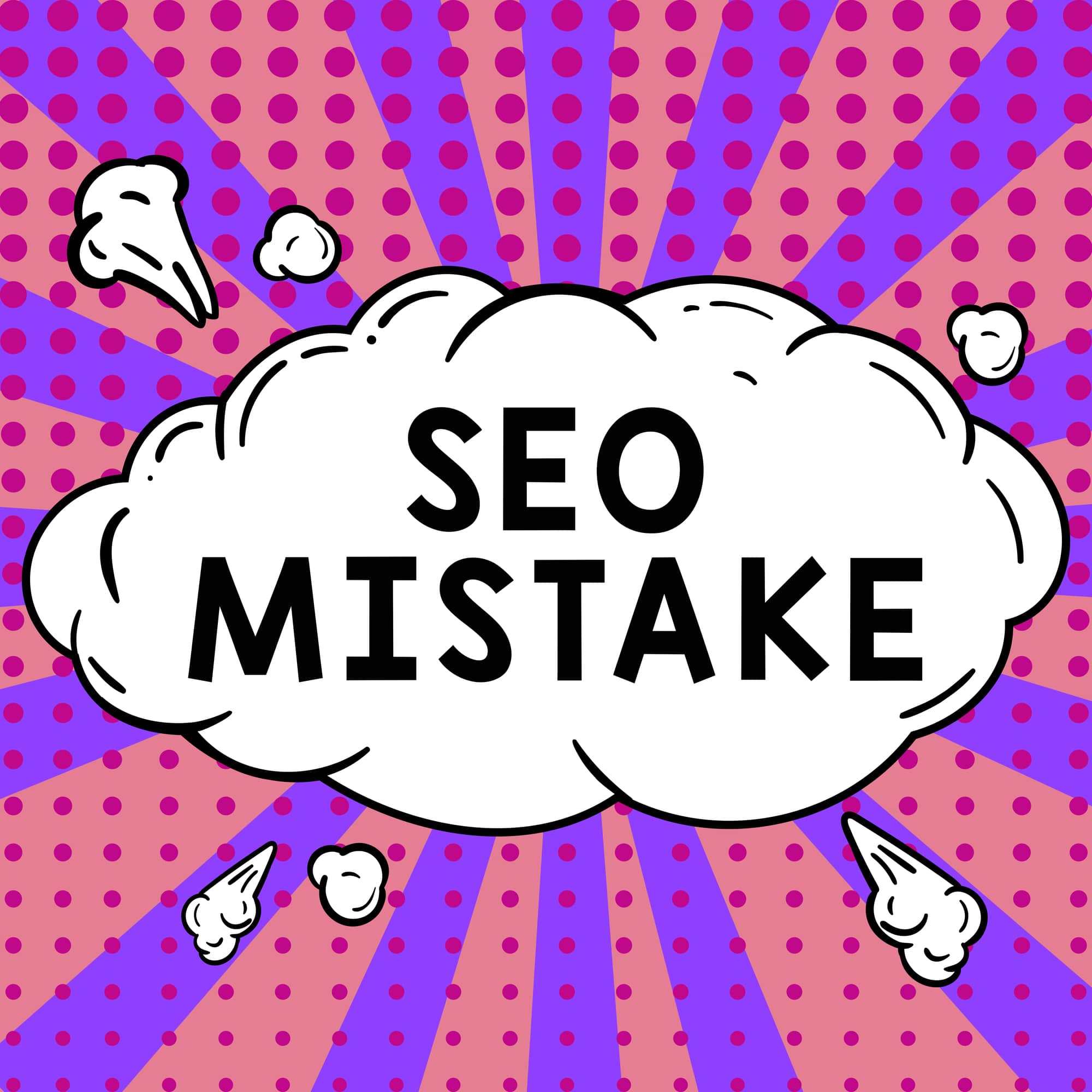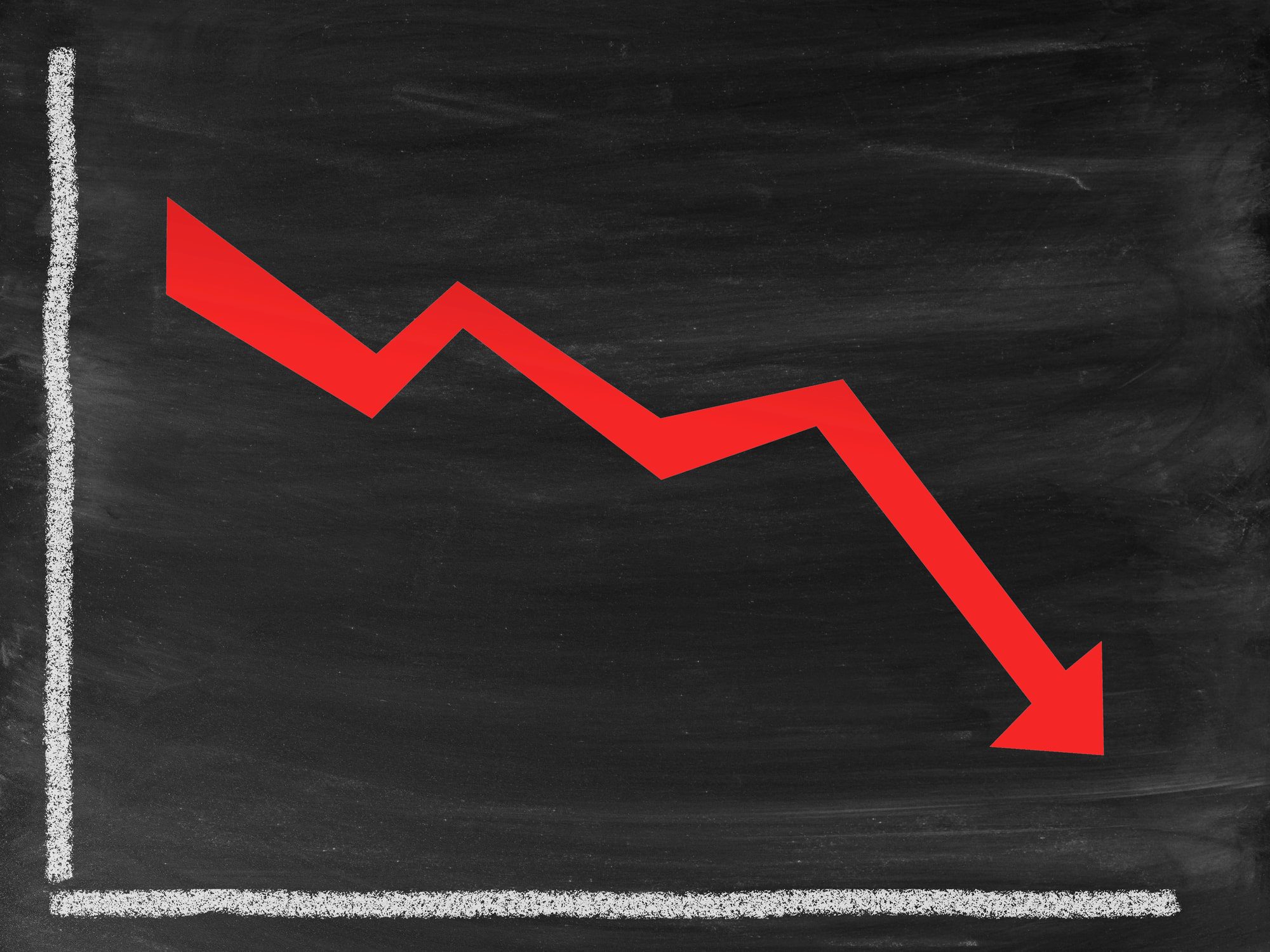 Certainly keywords are an important part of every SEO strategy. Keywords help Google understand the relevance of your web page as it relates to the search query of users and Google uses those keywords to display relevant results to web searchers since Google can’t “read” web pages like humans. Because of this, we marketers incorporate clues and structures into website content in the form of keywords in order to help Google understand what our content means.
Certainly keywords are an important part of every SEO strategy. Keywords help Google understand the relevance of your web page as it relates to the search query of users and Google uses those keywords to display relevant results to web searchers since Google can’t “read” web pages like humans. Because of this, we marketers incorporate clues and structures into website content in the form of keywords in order to help Google understand what our content means.
Unfortunately, Google never fully reveals the exact details about which factors are essential for SEO. But from the evidence of various research and interviews with numerous SEO experts on the subject, we do know that there are a combination of other things–besides just keywords–that Google considers when ranking a website. And to be sure, ranking factors go far beyond just keywords.
So, if up to this point, you’ve been depending on keywords only to improve your SEO results and hopefully earn a higher rank from Google, then this is the right time to change your strategy. Google considers multiple factors when ranking any website. Some of the most important factors which can affect your rankings and traffic include:
- Website security (http versus https).
- Reliability and quality of your website.
- Page load speed of your website.
- Average time in which your visitors are spending on your website.
- Mobile-friendliness.
- Bounce rate (how long people stay on your website before “bouncing” off).
- Number of backlinks from high authority domains.
- Technical errors and issues with your website.
- Your website’s domain authority.
- Visual content and its quality.
- Overall user-experience.
These are just a few from the large list of factors that Google considers when ranking any website. In fact, there are about 200 factors that can help a website perform better in Google’s eyes, while many of these factors still remain a mystery. To be sure, “keyword stuffing”, or relying heavily on keywords in your content to rank higher just isn’t going to work anymore since there are so many other ranking factors.
Aside from keywords only being a portion of ranking factors, the other problem with this strategy is that everyone is doing it. For example, if you do a Google search for “Gardening tips” then you will find millions of results returned for this keyword. It clearly means that thousands of other web pages are already using this keyword to rank, but studies show that visitors rarely go beyond the first page of search engine results. Focusing your entire strategy and time on keywords is just not a smart way to spend your time anymore.
What are the things you should focus on to go beyond keywords in your SEO strategy?
User-experience:
When it comes to Google, ensuring a better user-experience must be your top priority. Because the number one factor which Google considers to rank any website is user-experience. Make sure your website is well-designed and that a user can navigate with ease. If you struggle with this, ask your visitors for feedback about how you can improve your UI. Find out what problems your visitors are facing with your website and resolve them. Use Google Analytics to better understand where your visitors are getting “stuck” on your website.
Bounce Rate:
A higher bounce rate can lead to trouble because it means your visitors are not finding what they are looking for on your website. If your bounce rate remains consistently high, then Google may stop showing your web page in search results. So, make sure to provide relevant, consistent, and easy to understand information on your website. Make sure to stop stuffing irrelevant keywords in your content, and address the “pain points” of your potential customers.
Technical SEO:
Technical SEO is a broad-ranging area but there are some things that may be simple fixes that can make a difference to your websites’ performance. For instance, there may be some pages linked within your website that are broken or don’t exist anymore. Google crawlers are constantly scanning websites and this can impact your rankings if you have broken links or pages that return 404 errors. Performing technical SEO audits regularly to fix broken links or identifying other technical issues can help improve your site’s performance.
Images
Visual content has become more and more important as search engines have evolved. Research indicates that images can engage your visitors more than just long-form text. Make sure to add high-quality, clear and relevant images in your content. Also, never forget to add an ALT tag with each image on your website.
Backlinks
Links to your website from high-quality and high domain authority websites can also impact your search results. Make sure to build an effective, strong, and powerful link profile to boost your website’s ranking and work on outreach and PR strategies that can help enhance your website’s link profile.
This list includes just some of the components that should be a part of a good SEO strategy, so, clearly SEO is much more than just keywords.
Need help revamping your SEO strategy? Call us at (443) 475-0787 for a free consultation.







